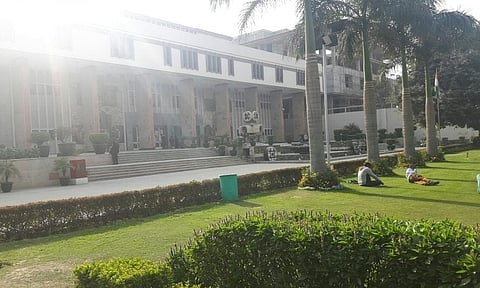
- News
- Columns
- Interviews
- Law Firms
- Apprentice Lawyer
- Legal Jobs
- हिंदी
- ಕನ್ನಡ

The Delhi High Court yesterday delivered a comprehensive judgment holding that the Right To Information Act (RTI) would not override the Supreme Court Rules (SC Rules) when it comes to dissemination of information.